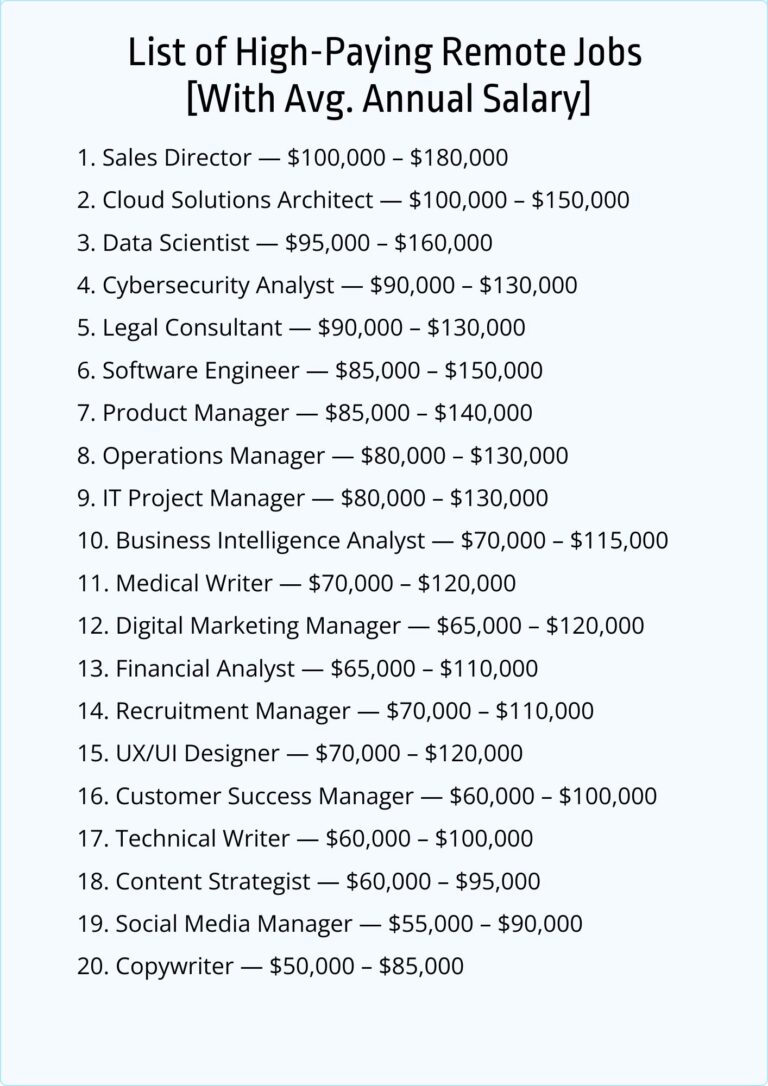How to Choose the Right Career Path: A Step-by-Step Guide for Success
Choosing the right career path is one of the most important decisions you’ll make in your life. It shapes your personal and professional journey and impacts your overall happiness and success. Whether you’re just starting out or considering a career change, it can be overwhelming to decide which direction to take. With so many options available, it’s essential to consider your interests, strengths, and goals. This guide will walk you through the steps to help you make a confident decision that aligns with your passions and skills.
Understand Your Interests and Passions
Before making any career decision, it’s crucial to take a step back and think about what excites you. Your career should align with your personal interests and passions to ensure long-term job satisfaction. Start by identifying activities that bring you joy or make you feel engaged, whether it’s solving problems, working with people, or creating something new. For example, if you love technology, you may be drawn to fields like software development or IT. On the other hand, if you’re passionate about helping others, a career in healthcare or education may be a perfect fit.
Assess Your Skills and Strengths
Knowing your skills and strengths is just as important as understanding your interests. Reflect on tasks or subjects you excel in and enjoy the most. Take note of any feedback from peers, teachers, or mentors about areas where you shine. Assessing your strengths will give you insight into the kinds of roles you are most likely to succeed in. For example, if you have a knack for organization and detail, project management might be a great fit. Alternatively, if you’re creative and enjoy writing, marketing or content creation may be more aligned with your talents.
Research Career Options and Market Demand
With a better understanding of your interests and strengths, the next step is to explore potential career options. Research various industries and roles that align with your profile. Make use of online resources, career quizzes, and networking opportunities to gain a clearer picture of the job market. Additionally, consider the demand for the professions you’re interested in. Some fields, such as technology, healthcare, and green energy, are expected to grow rapidly in the coming years. Understanding these trends can help ensure that you are pursuing a career with long-term stability and growth potential.
Consider Work-Life Balance and Personal Goals
When choosing a career path, it’s essential to think about your lifestyle goals and work-life balance. Some professions require long hours and travel, while others offer more flexibility or opportunities for remote work. Reflect on your personal preferences and how much time you want to dedicate to work versus personal life. For example, if you prioritize family time or travel, a career in education or remote freelance work might offer the flexibility you need. Your ideal career should support your life goals, not only financially but also in terms of personal fulfillment and well-being.
Seek Guidance and Mentorship
While self-reflection is key, it’s also helpful to seek advice from others who have experience in the fields you’re considering. Reach out to mentors, career counselors, or professionals in the industries you’re interested in. Networking can provide you with valuable insights and a clearer understanding of what different careers truly entail. Ask questions about day-to-day responsibilities, work environments, and required qualifications to get a better sense of what it would be like to pursue that career.
FAQs About Choosing the Right Career Path
1. How do I know if I’m making the right career choice?
The right career choice is one that matches your skills, interests, and values. It should feel like a natural fit that excites you while offering opportunities for growth and personal satisfaction.
2. Should I focus on salary when choosing a career?
While salary is important, it shouldn’t be the sole factor. Consider your passion, work-life balance, and long-term career goals in addition to the earning potential.
3. How can I explore different career paths before committing?
You can explore careers by volunteering, interning, or taking on freelance work in different fields. Job shadowing or informational interviews with professionals can also give you firsthand insight.
4. Can I change careers later in life?
Absolutely! Many people switch careers later in life. The skills you’ve acquired in one career can often be transferred to a new field, especially with additional training or education.
5. What if I’m still unsure about what I want to do?
It’s okay to feel uncertain. Take your time to explore different fields, develop new skills, and talk to people in various industries. Your ideal career may evolve over time as you learn more about yourself and the opportunities around you.
